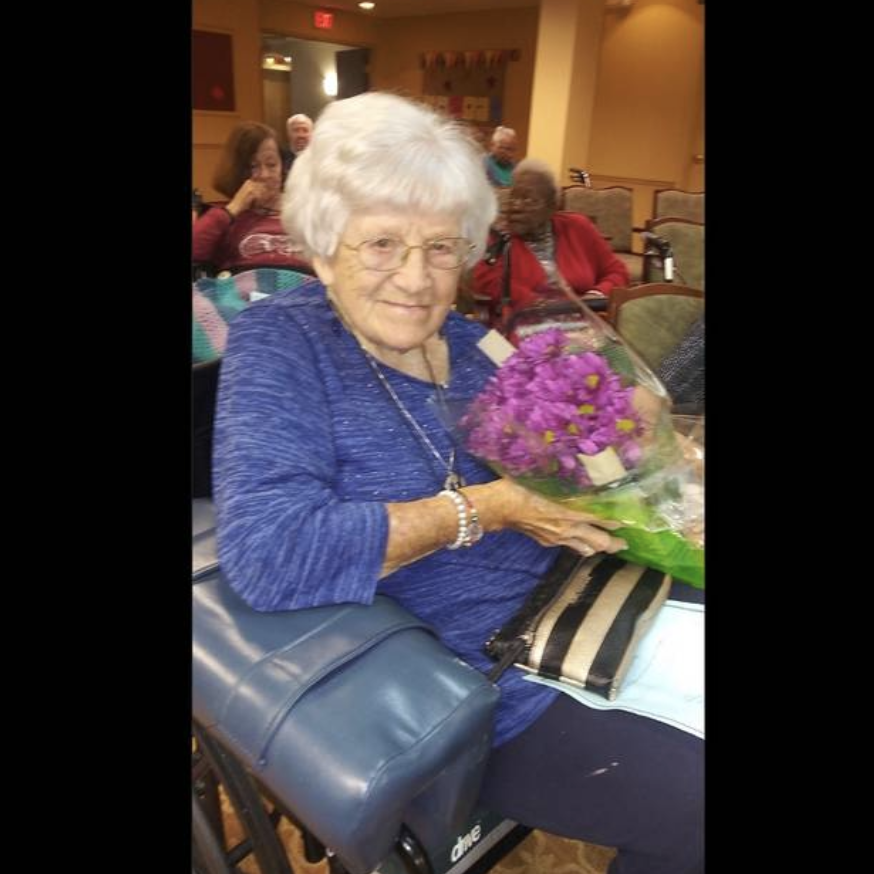About 10 days ago, Marilyn Ashbridge’s mother had surgery at her Pembroke Park assisted living facility. The doctor ordered that a bandage on the wound remain in place for a month.
But three days later, Ashbridge said, the dressing was gone.
Ashbridge was planning to return to the ALF to ensure the bandage was replaced, and to oversee her mother’s wound care. But then she got a call: The ALF, like every other long-term care facility in Florida, would be closed indefinitely to visitors. Now, Ashbridge has no way of checking on her mom’s welfare — or seeing her at all.
“I’m devastated,” Ashbridge said.
“I can’t talk to my mother on the phone,” she said. “If I call her room, she just doesn’t answer the telephone anymore. The phone just rings and rings and rings.”
“I have no contact with her.”
Amid fears that the novel coronavirus could spread at warp speed through long-term care facilities where elders are particularly vulnerable, Gov. Ron DeSantis a week ago suspended all visits to nursing homes and ALFs from family members and friends. The move was praised by public health advocates desperate to contain the pandemic’s spread.
But it also carries a cost: Relatives and guardians fear their loved ones will experience profound loneliness. And some worry their parents or grandparents may be less safe without their vigilance.
The suspension of visits to nursing homes and ALFs came shortly after the Centers for Medicare and Medicaid Services, or CMS, halted most inspections of nursing homes, hospitals and other medical facilities. CMS, the federal agency that regulates nursing homes and healthcare facilities, said the measure would allow inspectors to devote most of their time to containing the spread of COVID-19.
Curtailing both visits and inspections, said advocate Brian Lee, will significantly increase the stress on long-term care residents, and leave some in greater jeopardy.
FATHER AND SON
“Without the family’s involvement, care can go off the rails quickly,” said Lee, a former Florida Long-term Care Ombudsman who now heads Families for Better Care, an advocacy group. “Over the years, we have learned that those families that are the most involved get the best care. They are there at the bedside, and they can speak out when things go wrong, so that things don’t snowball and get worse.”
The restrictions also apply to other congregate care homes where residents are vulnerable to the coronavirus — including group homes and institutions for people with developmental disabilities or medical complexities.
State health administrators said last week that that residents or staff of 19 long-term care facilities in Florida had tested positive for the coronavirus. Barbara Palmer, who heads the Agency for Persons with Disabilities, said that no clients of her agency have been diagnosed with the coronavirus.
Craig Dolch generally seldom goes more than a day without visiting his son, Eric, who lives in a group home for people with disabilities in West Palm Beach.
In the summer of 2005, Eric was preparing to begin high school at Cardinal Newman in West Palm Beach when he fell ill. He was 14. He woke up one morning confused. He had trouble seeing. Later, he began to have seizures.
Eric was diagnosed with severe encephalitis, an inflammation of the brain, and spent 115 days in a medically induced coma battling to stay alive. In all, Eric was in intensive care for about 15 months, Dolch said.
Eric recovered from the illness. But he was left a shell of himself, now dependent on a wheelchair and unable to speak. The illness destroyed the Dolch family.
“It blows your world apart,” Dolch said. “There’s so much collateral damage. You go to bed one night, and a bomb goes off. And everyone goes in a different direction.”
Dolch, a sportswriter who once covered the Miami Dolphins, took on Eric’s care as if it were the most important story of his life. And when Eric moved into a West Palm Beach group home, Dolch spent much of each day visiting and caring for him. He took Eric to physical therapy. He took him swimming.
Until now.


